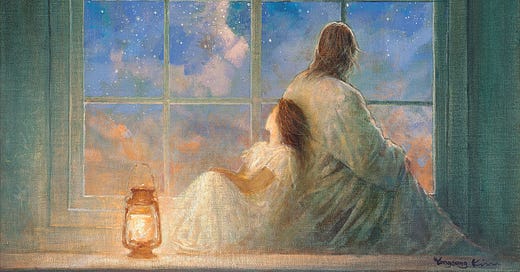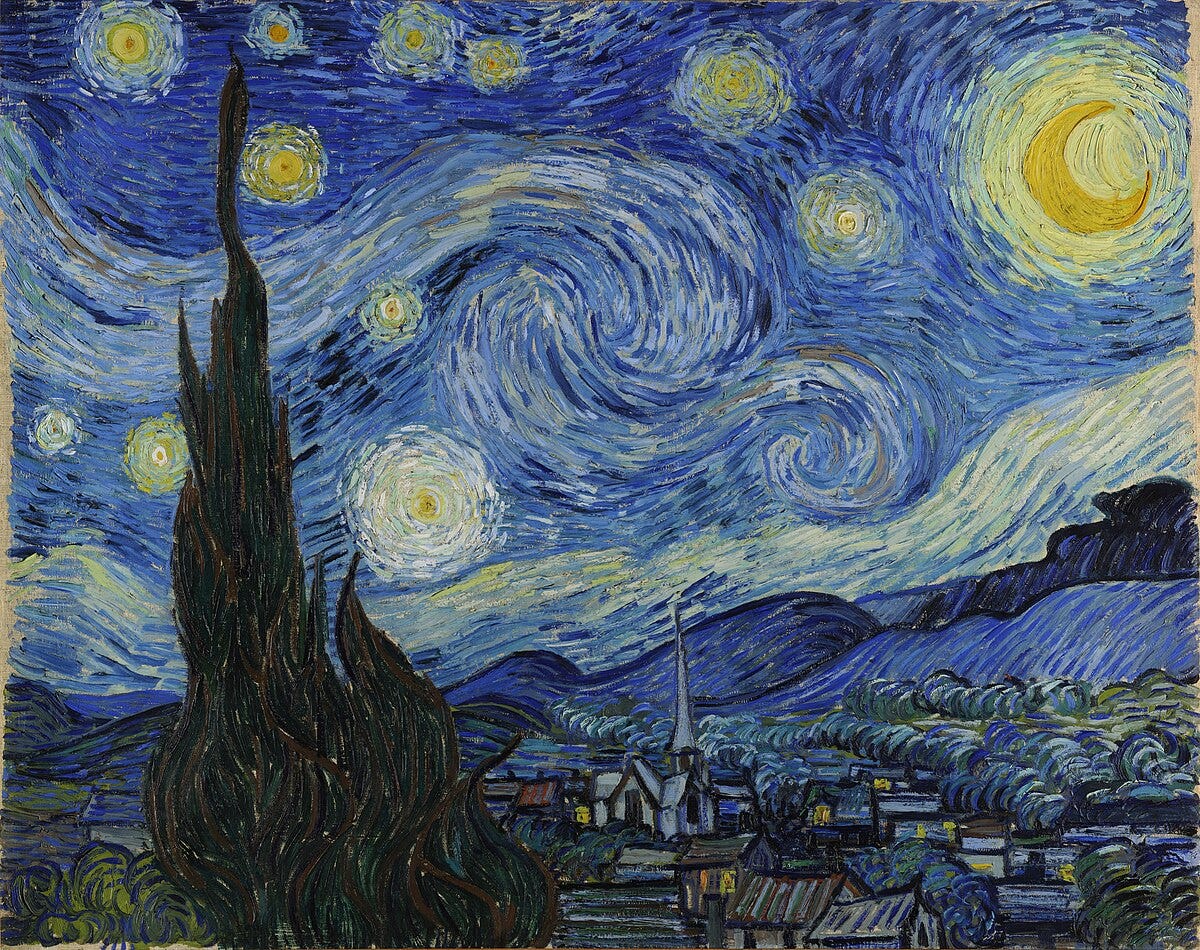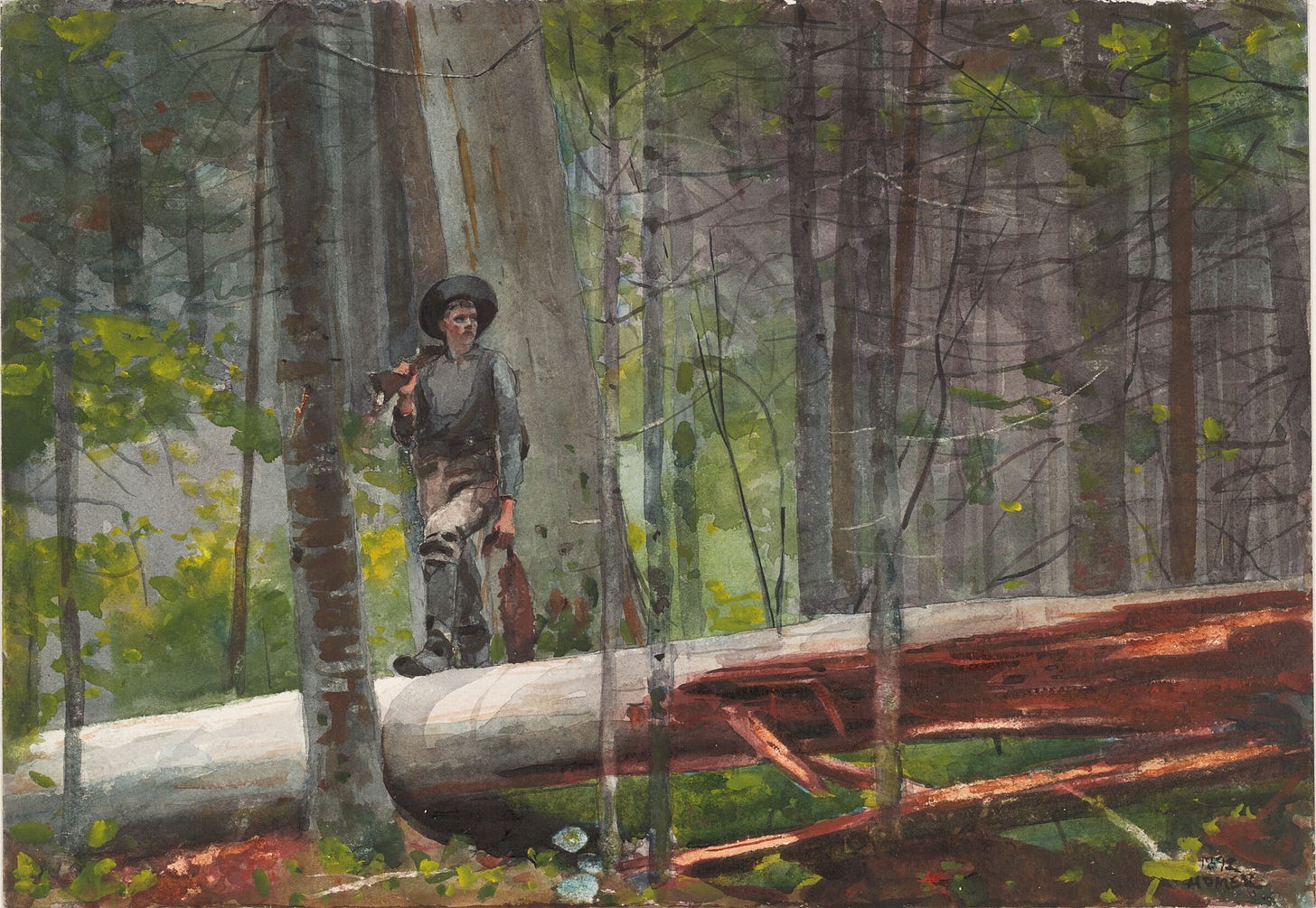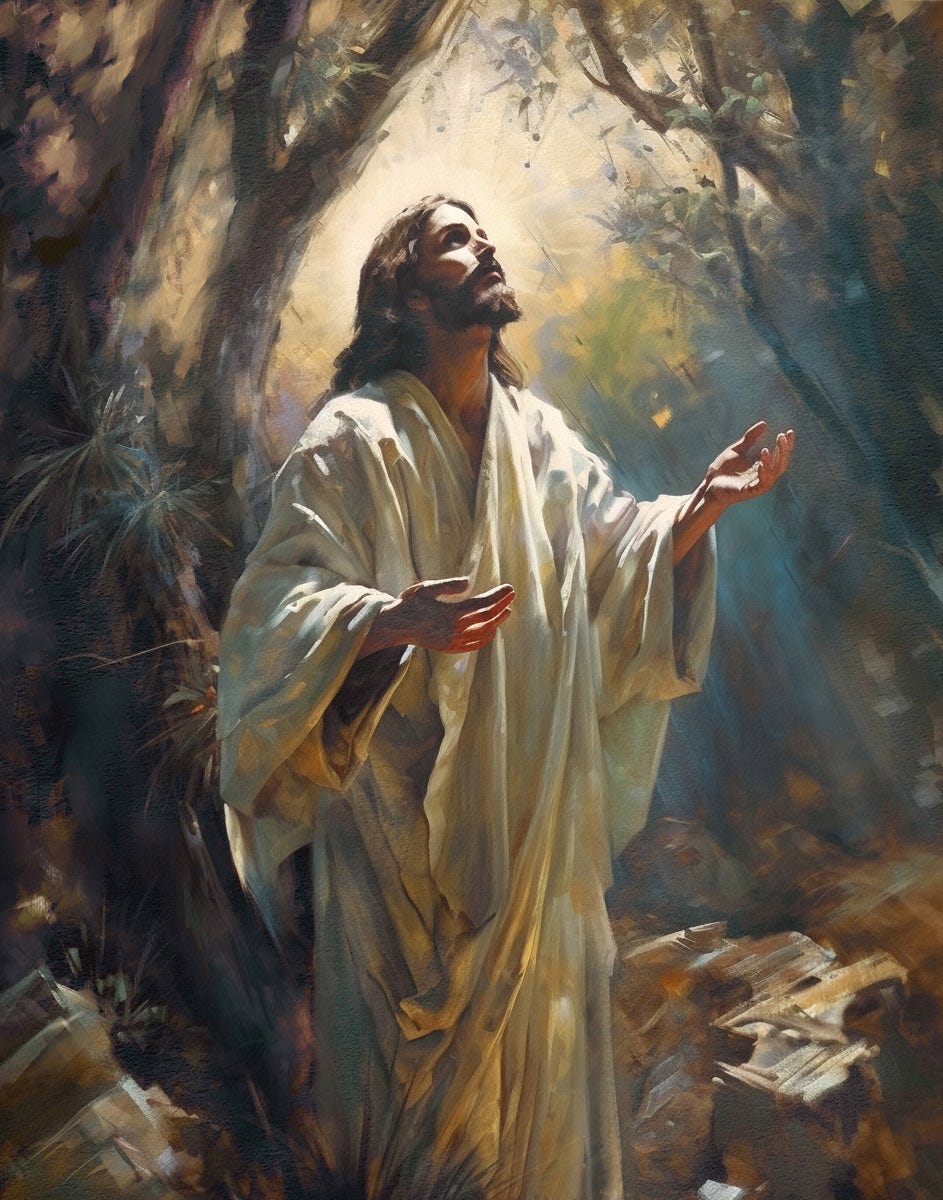A few years ago, I hunted from sunrise to sunset. Walking out of the woods after a full day of hunting, the phrase “from the stars to the stars” came to mind.
I remember entering the woods early by the moon's light and seeing the stars' vastness. A hunter, describing the early morning, once told me he loves it when “the stars fade to a brightening eastern horizon.”
That is precisely what I experienced on this early morning in the woods.
Throughout the day, I watched as the sun rose, made its way across the sky, and finally set over the western horizon.
Then, the stars came back out again. It was indeed a hunt “from the stars to the stars.”
A few summers ago, I had a professor describe what he called desert days. He described these as days when we get out of our everyday routines and let go of emails, meetings, TV time, to-do lists, scheduling, and everything else that comes with the daily routine of life.
He encouraged us to bring a book or two, relax, and pray throughout the day. As he spoke about desert days, I thought about that “from the stars to the stars” day of hunting from years before. It occurred to me that my experience was exactly what my professor had described to us in class. That day of hunting in the woods, from the stars to the stars, was a desert day for me.
Christ also offers us an example in this regard. The Gospel of Mark tells us, “It was very early in the morning and still dark. Jesus got up and left the house. He went to a place where he could be alone. There he prayed” (Mark 1:35-36). The desert day approach is grounded in the example of Christ.
Jesus gives us an example of setting aside quiet, reflective prayer time.
Hunting and faith both love this silence. Hunting provides the opportunity [and excuse] for a desert day, where the daily noise and distractions can be set aside.
Consider taking a desert or a half-desert day this Advent season.
Fr. Luke Daghir









